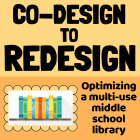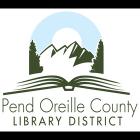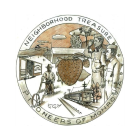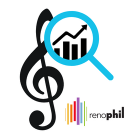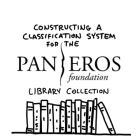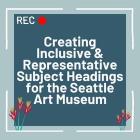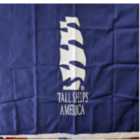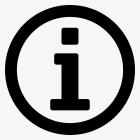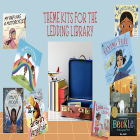
Children's Theme Kits for the Ledding Library
The Ledding Library has provided children's theme kits to patrons for the last 20+ years. Consistently popular, these theme kits now show the normal wear of age. They also no longer fit library space or goals. This proposal contains ten updated kits, including book lists, manipulatives, activities, storage, and a publicity plan. These kits will give parents and caregivers easy options to create fun learning environments. The updated title selections reflect the rich array of books published within the last ~10 years and focus on fostering diversity, equity, and inclusion at the library. This project will serve library funding discussions.

